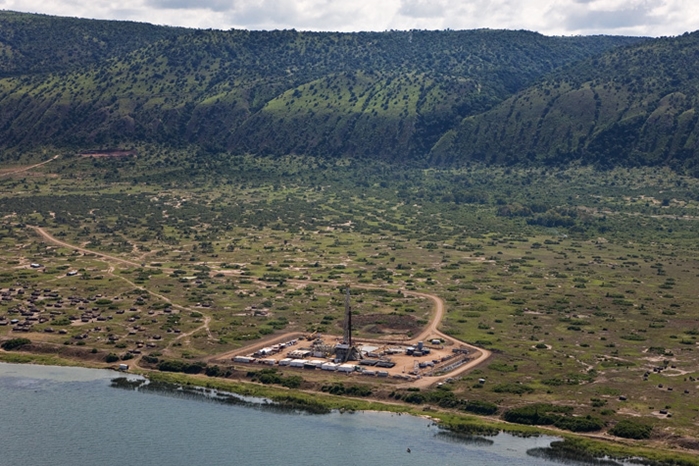
A $900 million (£740m) deal, under which Tullow Oil was to sell a major stake in its Ugandan projects to Total and CNOOC, has been scrapped as a result of wranglings with the government.
As a result, plans for the final investment decision (FID) that would begin development is almost guaranteed to slip back from the end of 2019.
It brings an end to a deal that had begun in January 2017.
The London-listed African-focused company said the sale and purchase agreements (SPAs) on the Lake Albert projects had expired and it had been unable to secure an extension. The company had been unable to reach an agreement with the Ugandan government on how the deal should be taxed – a point on which Tullow has previously argued with Kampala on earlier deals.
A statement from the Ugandan Ministry of Energy and Mineral Development (MEMD) said Tullow wanted to transfer its stake “without payment of any capital gains tax arising from the sale and also on condition that certain tax deductions, not ordinarily transferable, be transferred to the buyers”.
Tullow said it had reached an agreement on its capital gains tax stemming from the sale but the Ugandan Revenue Authority (URA) could not reach an agreement on tax relief for Total and CNOOC as buyers. Jefferies had estimated the capital gains tax as around $120mn.
The failure of the deal leaves each of the three partners with a 33.33% stake. Had the deal gone ahead, Tullow would have reduced its interest to 11.76%, with the 21.57% being divided between the French and Chinese buyers. The Ugandan government has the right to back in for a 15% stake in the project.
Tullow’s CEO, Paul McDade, said that while Lake Albert was a “very attractive low-cost development project, we remain committed to reducing our operated equity stake”. Making clear the other opportunities available to the company, McDade went on to note the company was making “progress elsewhere towards the growth of the group with our recent oil discovery in Guyana and the first export of oil from Kenya”.
Total’s head of exploration and production, Arnaud Breuillac, said that despite the deal failing, the three companies would continue to work on developing the Lake Albert resource. “The project is technically mature and we are committed to continuing to work with the government of Uganda to address the key outstanding issues required to reach an investment decision. A stable and suitable legal and fiscal framework remains a critical requirement for investors.”
Tullow intends to restart its offering to reduce its stake in the area. The prize on offer is appealing, with more than 1.5 billion barrels of recoverable resources and peak production estimated at more than 230,000 bpd. That said, the pitfalls are also clear. Oil was discovered under Lake Albert in 2006. According to the company’s 2018 annual report, Tullow said it aimed to reach FID by mid-2019. Acknowledging that this will no longer come in 2019, makes clear that the target of reaching first oil by 2022 will not be achieved.
The statement from Uganda’s MEMD went on to say that it would work with the joint venture partners “to ensure FID is achieved at the earliest [opportunity] and in a manner that safeguards the country’s interests and sovereignty”.
Pressure on Tullow will come from how it is to finance its share of the Lake Albert work. It had planned to use the $900mn proceeds to cover its share of spending. The company spent $108mn on Ugandan capital expenditure in 2017-18 and expected to spend around $170mn in the East African country this year. All of this was due to be covered by the Lake Albert sale.
Recommended for you
